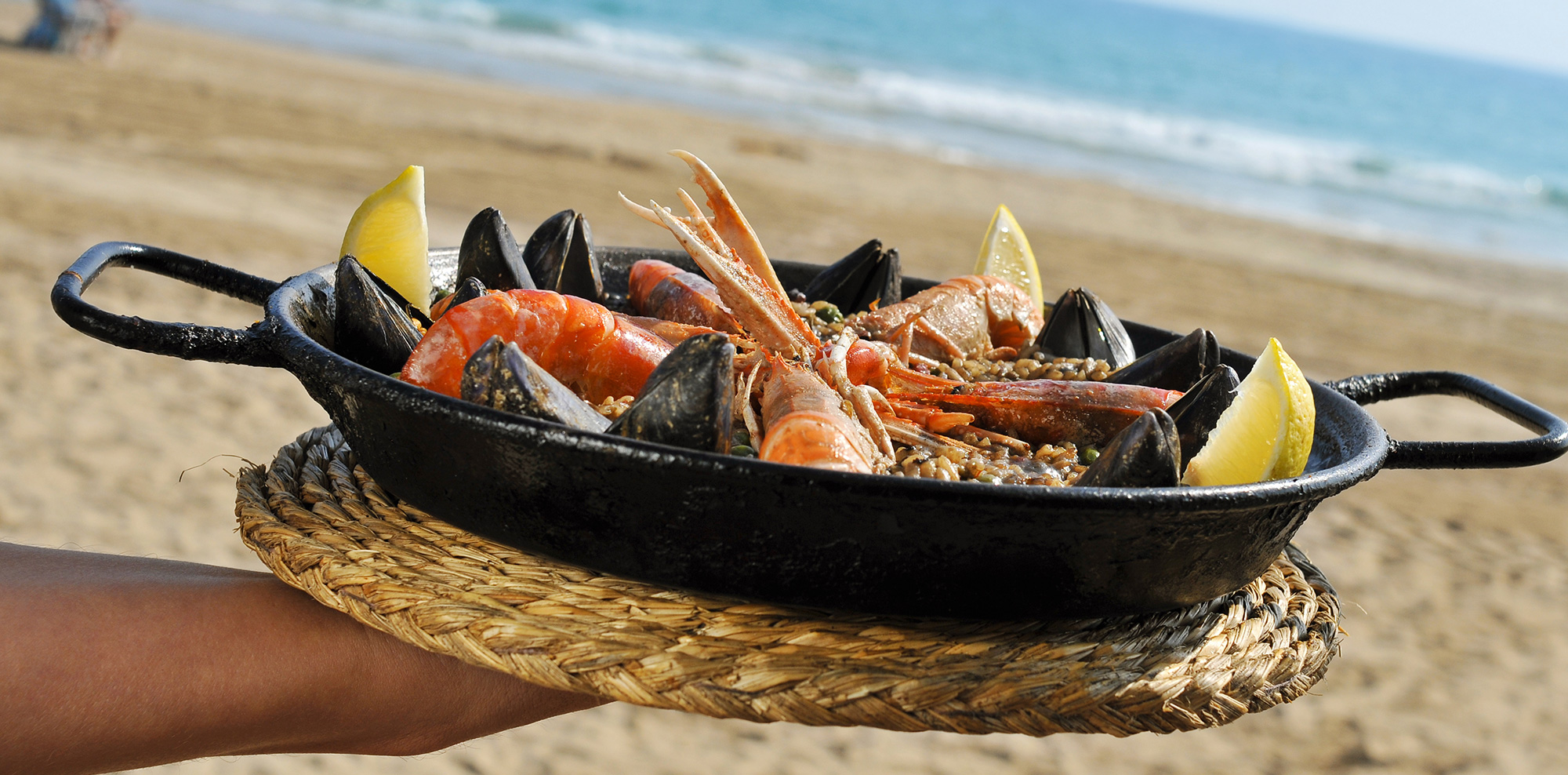Greening Ringwood was created to support everyone in the community to do just a bit more towards making our environment healthier, focusing on things which are engaging and achievable for most people. When we were invited to provide the refreshments for the Greening Ringwood Phase 2 launch event in the Ringwood Gateway on Saturday 20 April, it made us think about our own green credentials at Idelica so we can be ready for any questions.
As a mobile catering business, our biggest unique challenge is in managing our food waste. Having food waste rotting in landfill is one of the biggest causes of methane pollution that we as humans can do something about, and unbelievably it’s still not mandatory for businesses to separate out food waste in England (unlike Wales for example where it became law last year). At Idelica we are proud to have been doing this since we started catering in 2012. It’s not hard to achieve as long as you have a simple and clearly-explained process in place that all team members can take on, and it really helps if your senior team is made up of people who had parents barking comments at them like ‘waste not, want not’ and ‘look after the pennies and the pounds will look after themselves’.
- When planning our catering at events, especially public events where we pitch our kitchen tent and sell hot food directly to paying customers, it’s an important (and risky) job to identify what dishes are best suited to the event and how many servings we think we will sell. This is most challenging with our paellas, as we always cook from scratch onsite and forecasting badly can mean a lot of paella left in the pans that we need to clean before we can even think about packing down. In this aspect we prefer private catering as we can spend a lot of time discussing requirements with our clients. It’s not in anyone’s interest to have ordered more food that is likely to be consumed, so being mindful and drawing on our expertise at the planning stages helps keep waste – and cost – down all round.
- When purchasing ingredients with shorter shelf lives, we always check what’s already in stock against what we are going to need only for the immediate events ahead and we try not to be tempted by promotional discounts to overbuy. (this is hard, who doesn’t love a bargain especially when cheese is involved?)
- When ingredients are delivered and while in storage at our premises (which we affectionately know as Tapas Towers), the condition of each one needs to be properly monitored for dates of use by, packaging integrity and the storage temperature limits for safe use in food preparation. (This means we have the best chance of using up all our ingredients while occasionally creating a new and ‘interesting’ recipe in the process.)
- Food waste at all stages of preparation and after consumption needs to be separated, so we need a lot of food waste bins and bags of all shapes and sizes as we potentially have several different food preparation sites on the same day. They all make it to our bigger food waste bin which is collected by our business waste management company every two weeks.
- When cooking, hot-holding and cooling paella, we make sure that we carefully handle and properly monitor any surplus paella. This means that we can properly label, chill and/or freeze portions of this surplus to sell as a fully-prepped paella ready meal or to donate to charities, like Hope for Food who have been using them for hot and nutritious meals for the homeless in their twice-weekly pop up Community Kitchens in central Bournemouth.
We do have other concerns about our impact on the environment, mainly with food packaging and less avoidably with the fuel we use when we cook and we transport ingredients, equipment, products and people to provide our catering services. At home and at work we suffer with information gaps and advice overwhelm from suppliers that tell us this recyclable thing is good but that compostable thing is bad, and to dispose of that biodegradable thing here but don’t recycle that there.
We’ll just have to keep doing our best to keep things planet-friendly where we can.




